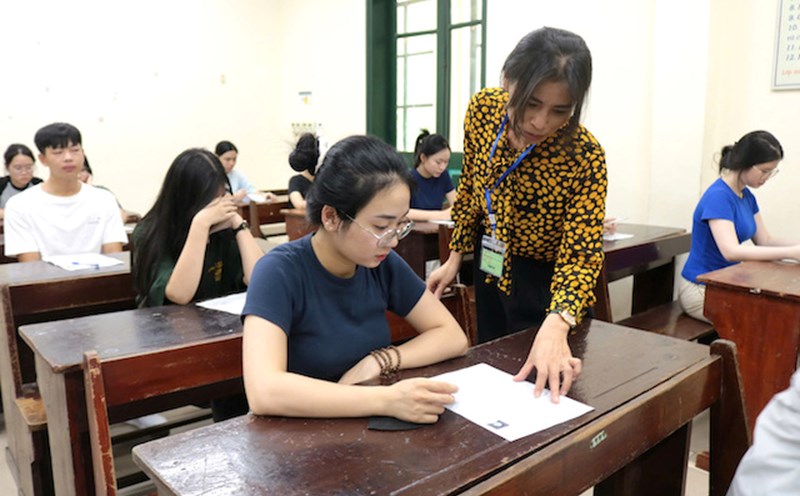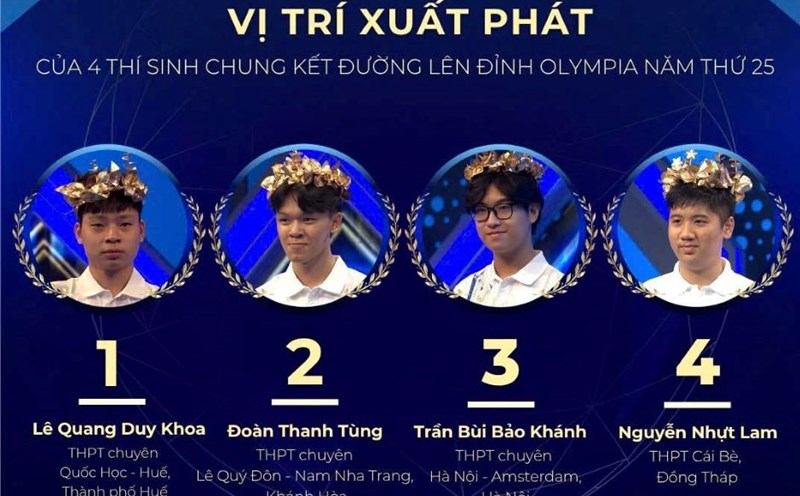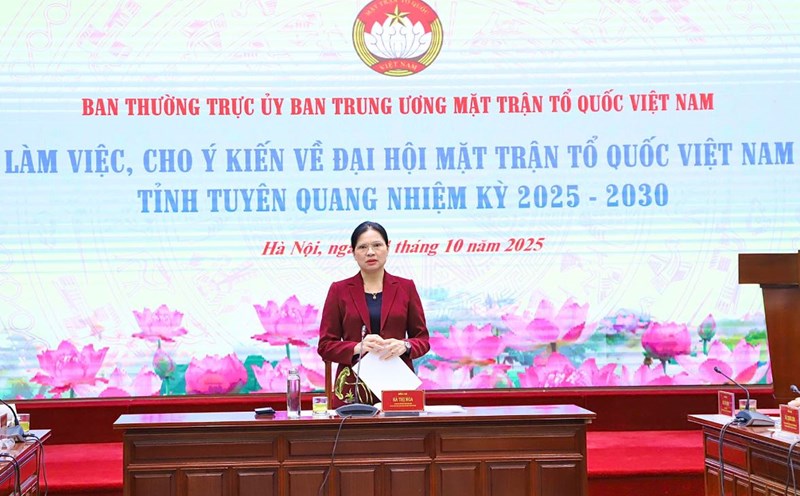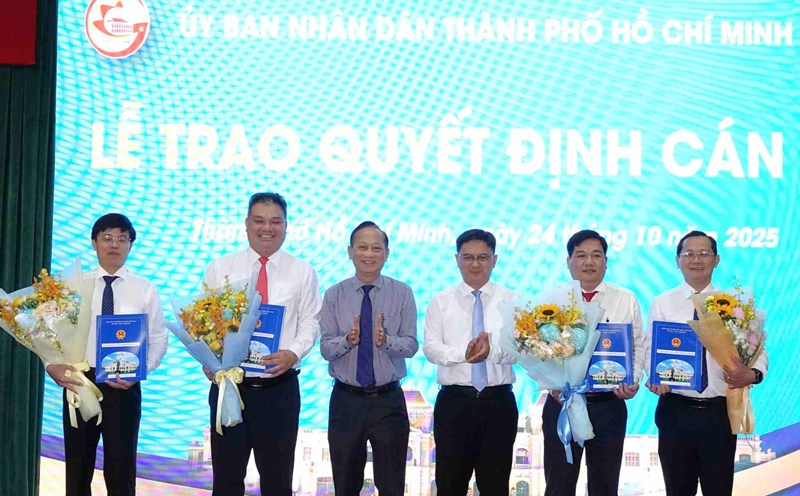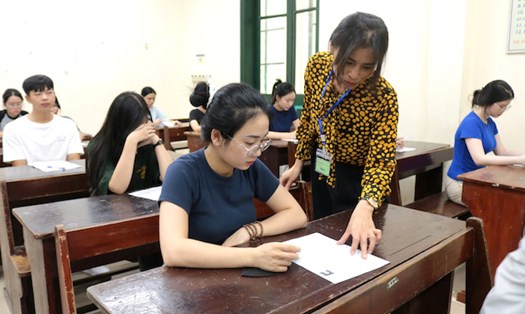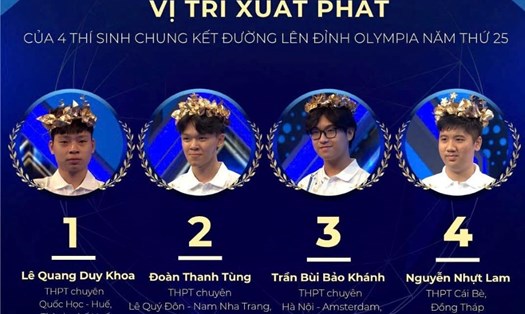On October 23 - 25, Hanoi University of Science and Technology coordinated with other units to organize the International Workshop on Educational Sciences and Foreign Language Teaching ( UNICEF 2025).
Speaking at the opening of the workshop, Associate Professor, Dr. Le Hieu Hoc, Head of the Faculty of Science - Technology of Education - Hanoi University of Science and Technology, Head of the Organizing Committee of the workshop shared that the rapid development of technology, including artificial intelligence (AI), has reshaped the way of life, work and study.
In addition, technology also breaks down gaps and geographical barriers, creating conditions for greater movement of learners and educators. Therefore, teachers and learners must always update and research new approaches to integrate culture, cross-border cooperation and lifelong learning.

In this context, ICEF2025 chose the theme "Redesigning Education: Inclusive Education, Cooperative Education and lifelong Learning in a globalized World".
This theme reflects a common vision of creating an integrated, cooperative and future-oriented learning ecosystem - where all learners have the opportunity to access meaningful educational opportunities, regardless of their background, and is a place for innovation to serve global fairness and civil rights.
ICEF 2025 will also have sub-session sessions: integrated pedagogical and educational methods for disadvantaged learners; Digital transformation and AI integration in education; lifelong learning in a connected world; Developing global teaching and capacity programs and Foreign language education in a multicultural environment.

Through the exchanges and discussions, the delegates had the opportunity to approach and interact with experts from many countries around the world, have an overall view, and become global citizens in the era of open education and artificial intelligence - Associate Professor, Dr. Le Hieu Hoc emphasized.
Sharing at the workshop, Professor Steffensten, Dresden Technical University, (Germany) said that currently, production demand and production structure have changed in the digital age, requiring the combination of schools and businesses to meet the requirements of job positions after graduation.
Factories and enterprises are increasingly demanding highly qualified human resources, no longer using pure unskilled labor.
Therefore, in addition to learning knowledge from schools (professional training), workers will need to study throughout their lives, constantly updating new technologies to apply to their work.
Enterprises must also have a training mechanism so that employees can adapt to the working environment, new job requirements - Professor Steffen Kersten noted.
Dr. Lizana Oberholzer - President of the International Professional Development Association (IPDA) said that many people today are working with traditional thinking, always choosing a safe path for themselves, even before doing so, they are worried about failure.
She believes that this traditional way of thinking will make the working process not create breakthroughs and need to change.
Accordingly, in the current modern working environment, each person must determine the need to study for life; constantly update knowledge, technology, and even participate in short-term courses and classes to develop expertise while learning how to coordinate professionally and always aiming to create changes to create excitement in work.

